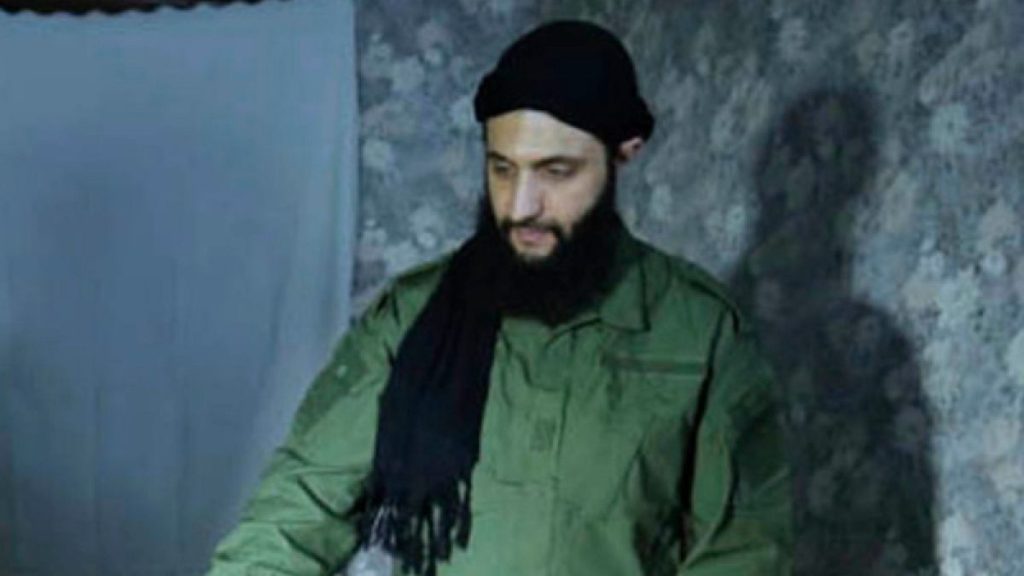Ahmad al-Sharaa, formerly known as Abu Mohammed al-Golani, presents a complex and evolving figure in the Syrian political landscape. His journey from al-Qaida affiliate leader to a self-proclaimed advocate for pluralism raises critical questions about his true intentions and the future of Syria under his potential influence. Al-Sharaa’s insurgent group, Hayat Tahrir al-Sham (HTS), played a significant role in toppling President Bashar al-Assad, leaving a power vacuum and a nation grappling with deep-seated divisions. His recent rebranding efforts, including abandoning his nom de guerre and engaging in interviews promoting tolerance, have been met with skepticism, given his long history of extremist ideology and tactical shifts. The world watches cautiously as al-Sharaa positions himself as a potential leader in a post-Assad Syria.
Al-Sharaa’s past is deeply intertwined with extremist organizations. His involvement with al-Qaida began in 2003 when he joined the insurgency against US troops in Iraq. Following his detention and subsequent release, he remained active within al-Qaida’s ranks. In 2011, as the Syrian uprising against Assad erupted, al-Sharaa was dispatched by al-Qaida leader Abu Bakr al-Baghdadi to establish the Nusra Front, an al-Qaida affiliate in Syria. This marked the beginning of his prominent role in the Syrian conflict, where he quickly gained notoriety for his strategic acumen and ruthless elimination of rivals. The Nusra Front, under his leadership, became a formidable force in the fight against the Assad regime, but also engaged in brutal tactics and espoused an extremist ideology that alienated many Syrians.
However, al-Sharaa’s relationship with al-Qaida was not without its complexities. In 2013, he defied al-Baghdadi’s orders to merge the Nusra Front with the nascent Islamic State of Iraq and Syria (ISIS). This act of defiance, while ostensibly maintaining allegiance to al-Qaida, set the stage for a bitter rivalry between the two groups. The Nusra Front actively battled ISIS, eliminating a significant competitor within the Syrian opposition. Al-Sharaa’s decision to distance himself from ISIS, while initially motivated by strategic considerations, could be interpreted as an early sign of his evolving political calculations.
Over time, al-Sharaa’s public pronouncements underwent a noticeable shift. His initial pronouncements calling for an Islamic state with limited tolerance for religious minorities eventually gave way to a rhetoric emphasizing pluralism and decentralization. This transformation coincided with a rebranding effort, culminating in the renaming of the Nusra Front to Jabhat Fateh al-Sham and, later, Hayat Tahrir al-Sham (HTS). Al-Sharaa also began to cultivate relationships with various Syrian communities, including Druze and Kurdish groups, that had previously been targets of his organization’s hostility. This outreach, combined with his adoption of a more moderate public image, fueled speculation about the sincerity of his ideological evolution.
Al-Sharaa’s recent attempts to portray himself as a moderate figure have been met with widespread skepticism. Critics point to his long history of extremist affiliations and his demonstrated willingness to use violence to achieve his goals. The sudden shift in his rhetoric, coupled with the strategic benefits it could offer in a post-Assad Syria, raises questions about whether his embrace of pluralism is genuine or merely a calculated move to consolidate power. The international community, particularly the United States, which still designates him as a terrorist, remains wary of his intentions. His absence from public view since the fall of Damascus further fuels speculation about his plans and the role he envisions for himself and HTS in the future of Syria.
The future of Syria under potential HTS influence remains uncertain. Al-Sharaa’s pronouncements about decentralization and pluralism, while superficially appealing, lack concrete details and have yet to be translated into tangible actions. The complex web of competing interests within Syria, including various armed factions, foreign powers, and diverse ethnic and religious communities, presents a formidable challenge to any attempt to establish a stable and inclusive government. The extent to which al-Sharaa is willing to compromise and share power will be a crucial determinant of his success or failure in navigating this intricate political landscape. Ultimately, the Syrian people, who have endured years of brutal conflict, will be the ones to judge whether al-Sharaa’s transformation is genuine and whether he can deliver on his promises of a more tolerant and democratic future.














